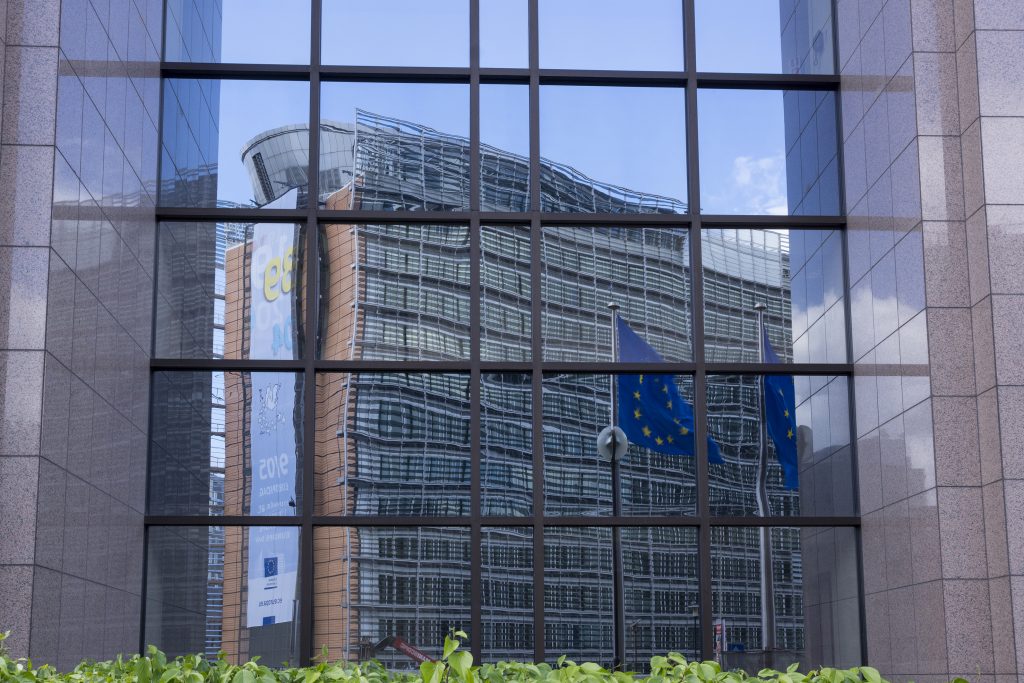
French landmark decision on foreign tax credit imputation for capital gains on shareholdings: an extension to dividends?
Corporate structures
French landmark decision on foreign tax credit imputation for capital gains on shareholdings: an extension to dividends?
Thu 09 Jun 2022
In a decision “Air Liquide” dated 15 November 2021, the French Administrative Supreme Court (Conseil d’Etat) ruled for the first time that French resident companies realising capital gains upon the alienation of eligible participation (titres de participation – generally presumed for a 5% interest held for a minimum two-year period) in a foreign company are entitled to offset foreign tax credits from the (reduced) French taxes resulting from the application of the participation exemption regime.
More recently, the French Administrative Court of Appeal of Lyon seems to have opened the door to an extension of the Supreme Court’s reasoning of ‘tax-exempt’ dividends (still taxable to the extent of 5% or 1% of the dividend) received by a French resident company.
French courts invalidate the principle of non-imputation of foreign tax credits on exempt capital gains
Under French domestic tax law, capital gains derived by a French company upon disposal of shareholdings, qualify as eligible participation (titres de participation – generally presumed for a holding of at least 5%, but smaller interest can in some cases also qualify) and held for at least 2 years, are exempt from corporate income tax except for a portion of 12%, corresponding to the so-called “share of management costs”, which is subject to French corporate income tax at standard rates.
Based on a French corporate income tax rate of 25% applicable from 1 January 2022, the effective tax rate applicable as a result of the participation exemption on capital gains is 3%.
In a cross-border situation, the French participation exemption regime remains applicable when France is entitled to tax, by application of the relevant double taxation treaty, capital gains realised upon disposal of eligible shareholdings by a French resident company.
However, a number of tax treaties concluded by France provide for a shared allocation of taxing rights between the State of residence (France) and the State in which the company whose shareholding is disposed of is located.
In such circumstances, double taxation is generally avoided by way of a tax credit mechanism to be set off against French taxation. However, the French tax authorities deny the off set to French resident companies in respect of the 12% portion of the capital gains treated as taxable to take account of the “share of management costs”.
The reasoning of the French tax authorities relies on the fact that the participation exemption regime already leads to a full tax exemption of the relevant capital gains. In their view, the taxation of a 12% portion of the “share of management costs” should not be regarded as taxation but rather as a mechanism intended to neutralise the corresponding tax deduction of expenses linked to exempt income. According to such a view, no double taxation would be likely to arise with respect to “exempt” capital gains, so any foreign tax credit imputation should be denied at the French transferor’s level.
The French Administrative Supreme Court, in its decision “Air Liquide,” has overruled this analysis of the tax authorities.
According to the French judges, their decision stems from the method used to determine the taxable “share of management costs” (lump sum) remaining subject to tax within the capital gains regime. As a result, French companies realising capital gains on shareholdings benefiting from the participation exemption regime shall be regarded as being subject to tax on such gains and, accordingly, be entitled to set off foreign tax credits arising from the application of double tax treaties.
Is this an extension of the Supreme Court’s position to inbound dividend distributions benefiting from the participation exemption?
Following the Supreme Court’s “Air Liquide” decision, one could legitimately wonder whether the judges’ reasoning could be extended to inbound dividends benefiting from the French dividend participation exemption regime (which requires a minimum 5% holding in the payor of the dividend).
Indeed, similarly to eligible capital gains, eligible dividends derived by a French company are subject to corporate income tax only up to a lump sum of 5% (or 1% in certain circumstances) corresponding to the “share of management costs” attached thereto.
A recent and notable decision dated 27 January 2022, rendered by the French Administrative Court of Appeal of Lyon, has ruled in this direction, considering that the French dividend participation exemption does not lead to a full exemption, so that foreign tax credits may be offset against the portion of the dividends remaining subject to corporate income tax in France.
These decisions invalidate the French tax authorities’ official position and should offer to reclaim opportunities to French corporate taxpayers in respect of the imputation of foreign tax credits for tax periods not being time-barred by statute.
This being said, while the jurisprudential evolution seems to be favourable to French companies benefiting from these preferential tax regimes, uncertainty remains on the impacts of these decisions, in particular regarding the Lyon Administrative Court of Appeal’s position related to dividends, until confirmation by the French Administrative Supreme Court.
Want to get notified when new blog posts are published?
Subscribe





